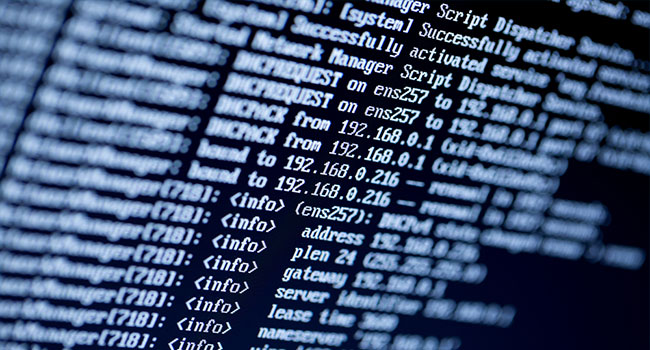
Page 2 of 2
5 Ways to Protect Yourself from IP Address Hacking
Internet Protocol, also known as the IP address, is the identity of your device in the vast world of the internet. All the traffic to and from your device is maintained with the help of your IP address.
An IP address is just like your house address and is unique for each device. On the surface, it seems quite harmless if someone knows your IP address, but in reality, it can be very dangerous.
You are responsible for all the activities carried out through your IP address and cybercriminals take advantage of it. They hack your IP address and then use it for various unethical and illegal activities like hacking someone's account or downloading prohibited content. Your IP address gives the hacker the freedom of using your location for any manipulative task and he can also attack your device with malware.
How can I protect my IP address?
No matter where you are in the world or the nature of your device, your IP address is vulnerable to hacking. Most people are quite ignorant about the security of this simple numeric identity, but it needs to be well guarded.
Here are some practical and easy ways for protecting your IP address.
1. Create Unique Passwords
Your device password is the only barrier that can restrict people from accessing your device.
Some people prefer to stick to the default passwords of their devices, which makes it vulnerable to attack. Like all your accounts, your device also needs to have a unique and strong password that is not easier to decode. Always use a password that is a mix of various upper case and lower case alphabets, numerals and characters. This will help in safeguarding your device against IP address hacking.
It is also recommended to keep changing your passwords after some time for added security and don't stick to the same password for longer durations.
2. Use Virtual Private Network
Virtual Private Network, or VPN (there are also free VPN providers), is the safest mode of using the internet. It is your ultimate solution for all the hacking and malware issues.
VPN provides you an encrypted tunnel for all your online activities, making sure nobody can get access to your data to and from your network. This eliminates all the chances of spying and snooping on your online activities and make it impossible for cybercriminals to direct malware toward your device. It further disguises your actual identity and location by allowing you to access the internet through remote servers, eliminating all chances of IP address hacking. VPN protected networks and devices are very hard to hack and misuse.
3. Restrict All Your Apps
Apps installed on your device are one major source of IP address hacking. Most communication apps like instant messengers and other calling apps are used as a tool by cybercriminals.
It is advised to install minimum calling apps on your device and also change a setting from Public to Private. This way, only those people can see your details who are added in your list. In addition, avoid answering any calls from unknown numbers because as soon as you connect with someone on a call, that person can get access to your device and location details. That information could result in the hacking of an IP address.
4. Be Careful With Phishing Emails and Malicious Content
Most malware and device tracking software are installed on your device through phishing emails.
When you get connected with any site this allows the site to get access to your IP address and device location and make it vulnerable to hacking. So it is necessary to be extra vigilant while opening any anonymous emails and clicking on the links from unauthorized sites. It is also recommended to pay attention to the content of the emails or downloading links even if they seem to be coming from well-known sites and authorized businesses. For most malware are sugar-coated under branded names.
5. Add Extra Protective Layers
Added layers of security is always a plus be it for yourself or your device. An updated version of any antivirus software or anti-malware is a must because it keeps your device safe from attacking sites and contents.
This software detects any ambiguity in receiving information on the device and also alerts you while clicking on manipulative links. Moreover, they also let you know about any fishy activity taking place on your device ensuring maximum protection. A firewall is another security layer and helps you in protecting your device.
These are simpler ways that are easier to implement for the protection of your device. Just a little vigilance can help you in securing your IP address from hacking.
About the Author
Susan Alexandra is a small business owner, traveler and investor of cryptocurrencies.